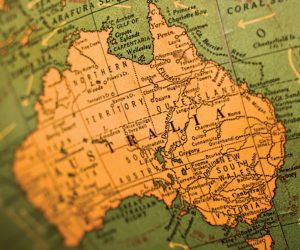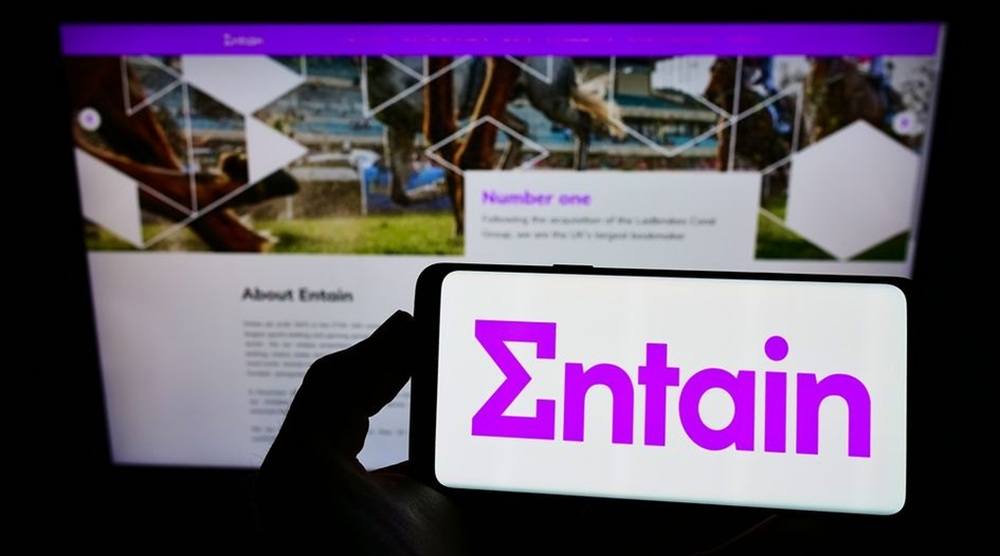Australia Contemplates Gambling Levy To Support Media

- by Admin
- August 19, 2024

The Australian media industry is currently facing significant pressure to address the pervasive influence of gambling advertising. This situation has led to proposals like the one from the Australia Institute, advocating for a 2% levy on gambling companies’ revenue, aiming to offset what could be up to $240 million in advertising revenues lost if the government enacts its proposed ban on gambling ads.
The Australia Institute, underlining the severity of the casino culture, notes Australians are among the world’s highest per capita spenders on gambling, totaling approximately $25 billion annually. Richard Denniss, the Institute’s executive director, remarked on the alarming statistics, saying, “This alarming statistic…underscores the urgent need for decisive policy measures, such as this, to address the issue.”
The proposed levy is seen as both necessary and strategic. It would enable media companies to maintain their financial stability even as they navigate the shift away from gambling advertising, creating what supporters describe as a ‘win-win scenario’ where the revenue not only supports media but also curbs the negative community impacts of gambling promotions.
Stephen Long, another senior fellow at the Australia Institute, explained, “a 2% levy on the gambling industry, which explains only a small fraction of the money lost on wagering, could compensate the media for any lost revenue resulting from a gambling ads ban.” The Institute’s arguments are grounded on the real-world dynamics of the industry, considering current revenues for gambling companies stemming at $17.2 billion as of the last fiscal year.
This proposal is not occurring within a vacuum; it coincides with the Albanese government’s existing proposal for tighter restrictions on gambling advertisements. The government is weighing options for limiting gambling commercials especially during children’s programming and live sports broadcasts, which critics claim, fail to sufficiently address the underlying issues connected to gambling addiction.
With the Albanese government reassessing its stance, some members of the Labor Party have openly pushed for stricter measures. Concerns have arisen from backbench MPs like Louise Miller-Frost and Mike Freelander, who seek to shift the policy focus from partial restrictions to total prohibition on gambling ads.
The Greens Party has significantly supported the call for complete bans and is adamant about reaping the funds from the 2% levy for public interest journalism. Sarah Hanson-Young, the spokesperson for the Greens on communications, emphasized, “the gambling corporations should pay for the lives they are wrecking,” echoing the sentiment among opponents of gambling advertisements.
Recent parliamentary initiatives have also addressed these topics. A June 2023 report recommended imposing similar levies on online wagering providers, advocating for funding focused on harm reduction, which has not seen immediate implementation from the government, exacerbated by delays and stakeholder frustrations.
Current consultations with stakeholders are still active, but there’s ambiguity as to which recommendations from recent reports will be adopted by the government. Companies and advocacy groups continue to express their desire for clarity on the administration’s intended actions, with some calling for urgent meetings to swiftly establish the path moving forward.
Clarity is particularly sought after by groups like the Alliance for Gambling Reform, emphasizing the necessity for transparent conversations about proposed advertising restrictions. Their chief executive, Martin Thomas, characterized the lack of information as “extraordinary,” indicating the urgency for the government to take decisive measures to address the recommendations made over the last few months.
Overall, as Australia grapples with its gambling industry, the balance between safeguarding public health and ensuring media sustainability remains fraught with challenges. The potential levy could pave the way for both media companies and public health advocates to navigate these complex waters effectively, but the success of this endeavor hinges on governmental willingness and legislative support.
Give Feedback. How was this article?
You can help us improve by leaving feedback specific to
this content.
How would you rate the quality of this article?
Which of the following feelings did this article evoke in
you?
Multiple Selection
How easy was it for you to find the information you were
looking for in this article?
Super Hard😱
😎Super Easy
Artificial intelligence is increasingly used in content
creation. What percentage of this article do you estimate was generated by AI?
How can we improve this article (or our articles in
general)?
Do you have any other suggestions for improving our content
or
website?
Thanks for the feedback
Thank you for supporting us to improve ourselves with your
feedback.
The Latest News
-
December 23, 2024Wimbledon champion accepts ban for anti-doping breach just months after winning US Open
-
December 23, 2024Australian tennis star Purcell takes voluntary suspension over anti-doping breach
-
December 23, 2024Max Purcell to miss Australian Open after accepting ban for anti-doping breach
-
December 23, 2024Australian tennis star Purcell provisionally suspended for doping
-
December 23, 2024Star batter misses optional Aussie session; MCG curator rejects anti-India ‘conspiracy’ — Test Daily





